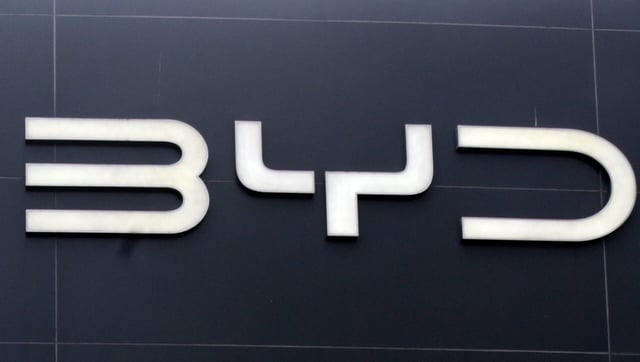Overview
- BYD has postponed the start of production at its Szeged, Hungary plant to 2026 and plans to run it under its 150,000-vehicle annual capacity for at least two years.
- The Manisa, Turkey facility will open by the end of 2026 with an initial 150,000-unit capacity and is projected to produce more cars in its first year than the Hungarian site.
- Vehicles built in Manisa qualify for EU tariff exemptions under Turkey’s customs union, matching the duty-free status of the Hungary plant.
- The shift leverages Turkey’s lower labor costs to enhance BYD’s competitiveness in the European electric-vehicle market.
- BYD has not issued an official statement on the revised timelines or capacity adjustments for either facility.

